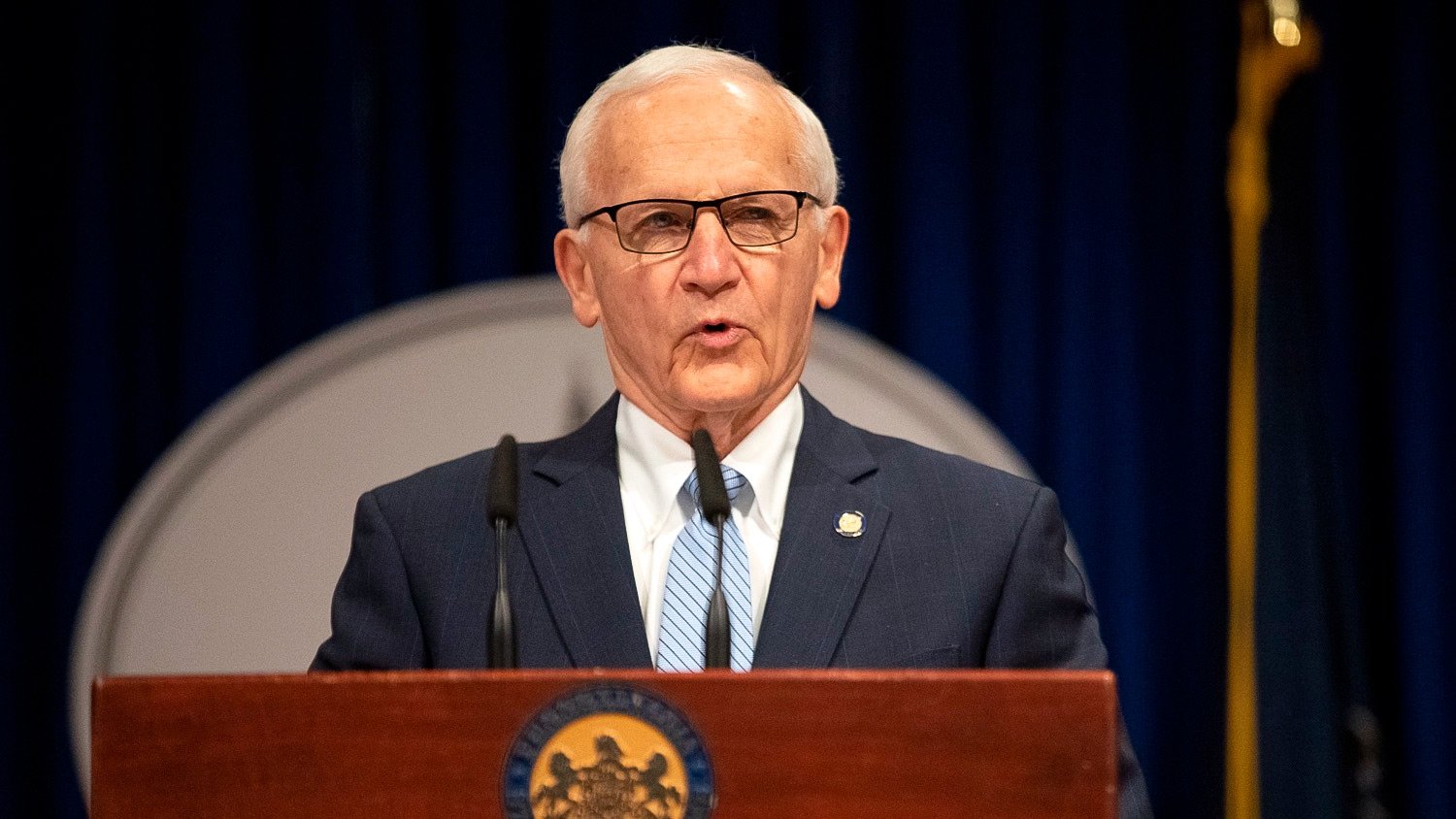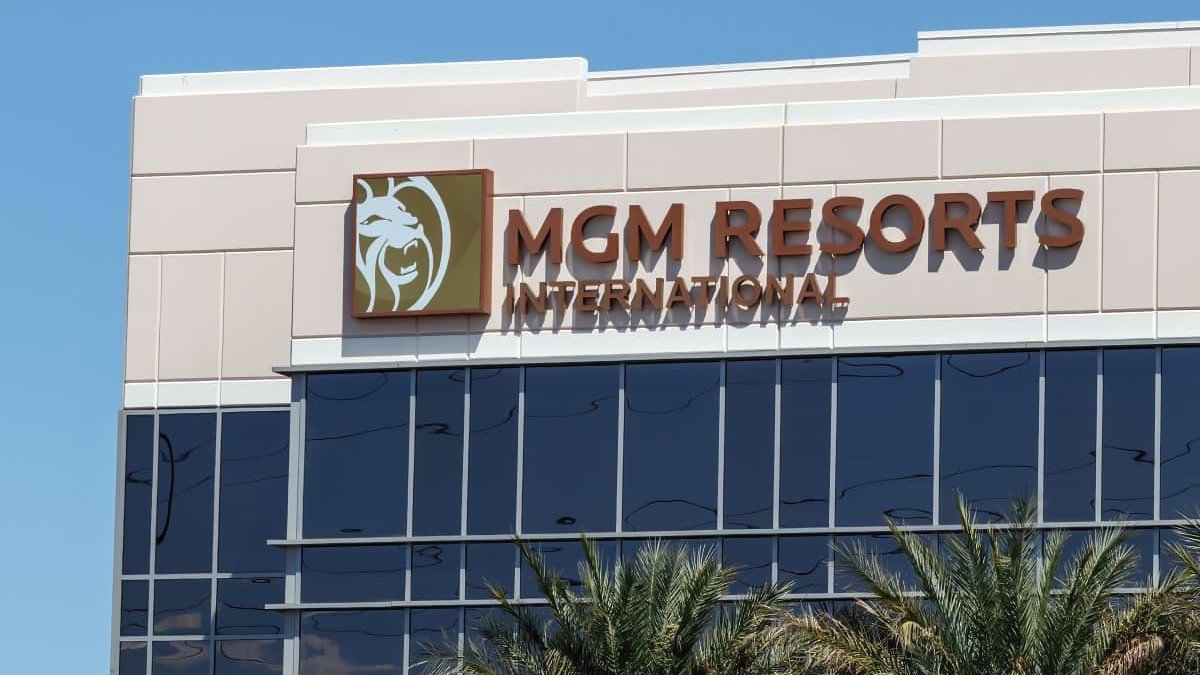French senators advance gambling tax reforms amid industry backlash

France is moving forward with controversial gambling tax reforms after senators voted in favor of an amendment raising levies on gambling, sweetened beverages, and tobacco. Despite earlier opposition from local officials and industry leaders, the proposed tax hikes aim to address the nation’s growing budget deficit, projected to reach €16 billion ($16.7 billion) in 2025.
The amendments were proposed as part of the 2025 budget proposal in October, spearheaded by Prime Minister Michel Barnier, with plans to generate €500 million ($524.6 million) annually from gambling operators. The increases include a jump in gross gaming revenue (GGR) tax for land-based casinos, retail sports betting, and online gambling, bringing overall taxation in the sector to nearly 60%.
Local leaders, particularly mayors, have voiced concerns over the impact of higher gambling taxes on regional economies. In some areas, casinos contribute significantly to municipal budgets, supporting local infrastructure and services.
The central government had initially reassured communities that gambling tax increases would be postponed. However, under Senate pressure, the amendments were reintroduced and approved on Thursday.
Nicolas Béraud, CEO of Betclic and president of France’s online gaming trade body AFJEL, expressed concerns during an industry conference. Higher taxes will make it even more difficult for operators to generate profits and put at risk many sports federations, leagues, and grassroots organizations, he said.
The sentiment was echoed by Jean-François Vilotte, former head of the French gambling regulator and current CEO of the French Football Federation, who warned that the new taxes could jeopardize sports funding and ethical standards.
One key difference in the new proposal is the exclusion of horse racing from the tax hikes. The earlier inclusion of levies on horse racing bets had sparked significant resistance from legislators and industry stakeholders. Élisabeth Doineau, the senator who spearheaded the amendment, noted that this adjustment addressed some previous criticisms.
Despite these changes, industry leaders argue the reforms are shortsighted. French casinos and online operators already face some of the highest gambling taxes in Europe, with GGR rates nearing 55%. Critics argue that further increases will stifle growth and innovation in the sector while threatening jobs.
The gambling tax hike debate coincides with ongoing discussions about legalizing online casino games in France. Française des Jeux (FDJ), the country’s lottery monopoly, has faced scrutiny for opposing the regulation of online casinos. While FDJ claims that regulation would not adequately address illegal gambling or excessive gaming, critics suggest the company is motivated by a desire to protect its monopoly on digital instant games.
FDJ recently acquired Kindred Group, further fueling speculation about its position. Industry observers have linked the government’s October introduction of an online casino amendment to the timing of FDJ’s acquisition, though both the company and the government deny any connection.
The proposed tax hikes will now move to the Assemblée Nationale, France’s lower house of Parliament, for final approval. Meanwhile, the government has committed to establishing working groups in January to evaluate the potential regulation of online casino games.















































